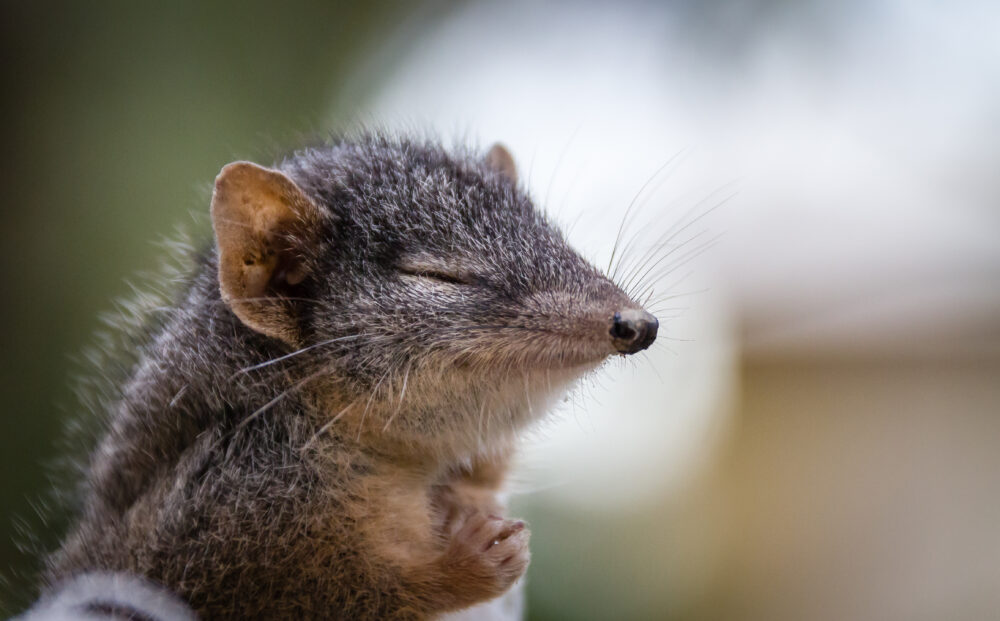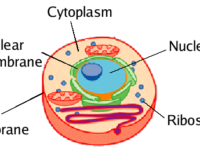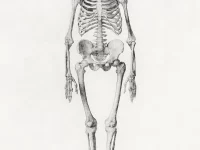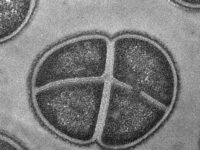Guys literally only want one thing. Or at least, the male antechinus, an Australian marsupial, seems to prioritize one thing over everything else: sex. These mouse-like animals live fast and die young, forgoing sleep in order to reproduce during their short fertile window. Scientists are, naturally, fascinated by these pocket-sized marsupials and their exciting, mysterious lives.
“In the animal kingdom, where survival of the fittest is a fact of life, the two most important things to a critter are staying alive and reproducing.”
In the animal kingdom, where survival of the fittest is a fact of life, the two most important things to a critter are staying alive and reproducing. While most vertebrates are iteroparous, meaning they have multiple reproductive cycles in their life, the antechinus is semelparous, having only one reproductive episode. Dubbed “suicidal reproduction,” semelparity means that the male antechinus dies shortly after mating. One group of Australian researchers sought to determine whether this early death is related to the male antechinus’s lack of sleep during the mating season.
First, the researchers wanted to confirm that male antechinus did indeed sleep less during mating season. Using an electroencephalogram (EEG), they measured the time the antechinus spent awake versus asleep. Additionally, they measured levels of oxalic acid, a biomarker of sleep, before and during mating season. As the team predicted, there was a decline in oxalic acid during the mating season, indicating a decrease in the amount of time spent sleeping. On average, a male antechinus lost three hours of sleep each night. Unexpectedly, there was not a large difference in oxalic acid levels between male and female antechinus, which the study says hints that “[female antechinus] are sleep deprived in the wild, perhaps owing to male harassment.”
So what does this sleep deficit have to do with the short life span of male antechinuses? In general, sleep deprivation has disastrous impacts on the health of most organisms. A famous study by researchers at the University of Chicago discovered that reducing the sleeping time of rats by 70%–90% led to the death of all the rats within two to three weeks. However, John Lesku, a zoologist involved in the Australian research study, believes that male antechinuses die early due to a factor other than sleep deficit. In fact, Lesku argues that the sleep deficit is completely unrelated to the shortened lifespan of male antechinuses. He believes this because, in his words, “Three hours of sleep loss is not lethal in any animal we know of.”
The Australian researchers have proposed multiple hypotheses for the cause of male antechinuses death. One proposal is that increased testosterone levels during mating season lead to an elevated corticosteroid level. Corticosteroids catabolize, which breaks down proteins, often causing muscle loss to a fatal degree. Another theory is that the corticosteroid increase makes male antechinuses more susceptible to parasite infestation early during mating season, dooming the organism to an early death. Corticosteroids have been found to suppress key mediators of the immune response to parasites. The mystery of the male antechinus remains unsolved, but the Australian research team plans to continue to investigate what kills these restless marsupials.






